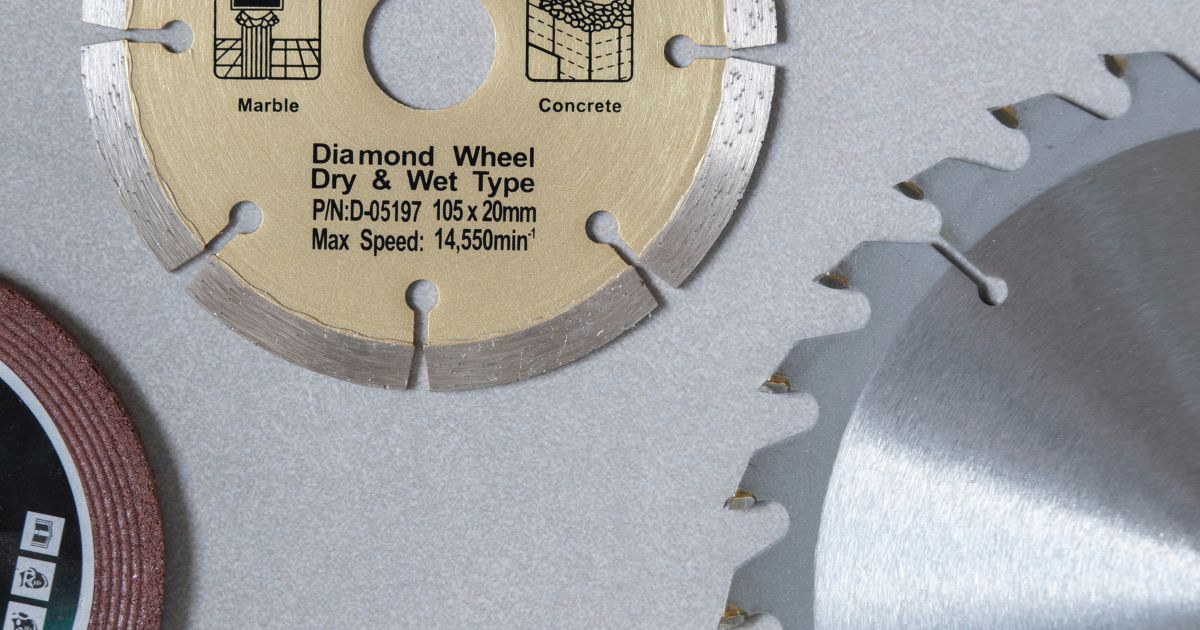Resin bonds play a crucial role in an array of different sectors. Discover everything you need to know regarding resin bonds for industrial use.

Resin bonding is an essential yet often overlooked process across many manufacturing and fabrication industries. Understanding the intricacies of phenolic, polyester, shellac, and other resin bonds is crucial for maximizing their effectiveness across metalworking, welding, tooling, glass fabrication, and more. Check out this comprehensive guide on what to know about resin bonds for industrial use.
How Resin Bonds Work
At its core, resin bonding involves adhering materials together with a cured resin adhesive. The resin acts as a glue to hold the components in a strong, durable bond. The resin is mixed with a hardening agent or catalyst that initiates curing, and heat may also be applied to accelerate the reaction.
Cross-linking polymer chains form a tight matrix that adheres to the bonded materials as the resin cures. The strength and durability of the bond depend on factors like surface preparation, resin chemistry, and curing conditions. With proper techniques, resin-bonded joints can be stronger than the joined materials.
Common Industrial Applications
Now that you understand how resin bonds work, it’s time to explore this valuable material’s many industrial applications. One major application is snagging, which involves removing imperfections like cracks, seams, and burrs from metal castings. This requires coarse-grained grinding wheels with strong phenolic bonds that withstand heavy stock removal. Weld grinding also benefits from hardy phenolic or polyester bonds that clean and smooth joined materials without distortion.
Softer bonds are used for delicate tool grinding operations, where wheels sharpen tool bits without overheating cutting edges. For glass fabrication, resin-bonded wheels efficiently grind glass with minimal surface damage. Resin bonding is a common process for developing grinding wheels, and knowing which diamond wheel keeps its shape best will help you choose the right wheel for your application.
Deburring and polishing represent finer finishing applications for these abrasives. Dense, durable bonds in deburring wheels effortlessly remove sharp burrs and rough edges from metal parts. Final mirror polishing is achieved with extremely soft shellac or hybrid bonds that prevent scratching. The diversity of possible bond types and properties allows resin-bonded abrasives to meet the needs of nearly any grinding, sanding, or finishing operation.
Types of Resin Bonds
Resin-bonded abrasives utilize a variety of resin types to create bonds with different characteristics. One of the most common is phenolic resin, which forms rigid, heat-resistant bonds suitable for heavy grinding applications. Phenolic bonds withstand high temperatures and pressures, providing strength and durability.
Polyester and hybrid resin bonds offer more flexibility and elasticity than phenolic bonds. The added flexibility prevents workpiece burning, allowing the abrasive to wear and expose fresh grains gradually. Polyester bonds are very strong and commonly used for snagging and weld grinding. Hybrid bonds combine polyester with other resins for enhanced properties.
On the softer side, shellac and natural resin bonds create extremely flexible abrasives. Shellac bonds have low tensile strength and gradually wear as friction heats and softens the resin. This makes shellac ideal for fine polishing and finishing of delicate materials. Natural resins like plant sap and tree resin produce bonds with similar flexibility. Resin bonding is a versatile adhesive technology that is integral to industrial manufacturing. With a comprehensive understanding ofresin bonds for industrial use,engineers can effectively select and leverage these materials. Proper resin bond selection helps optimize performance in grinding, sanding, finishing, and other processes, so make sure you select the proper material for your application.





